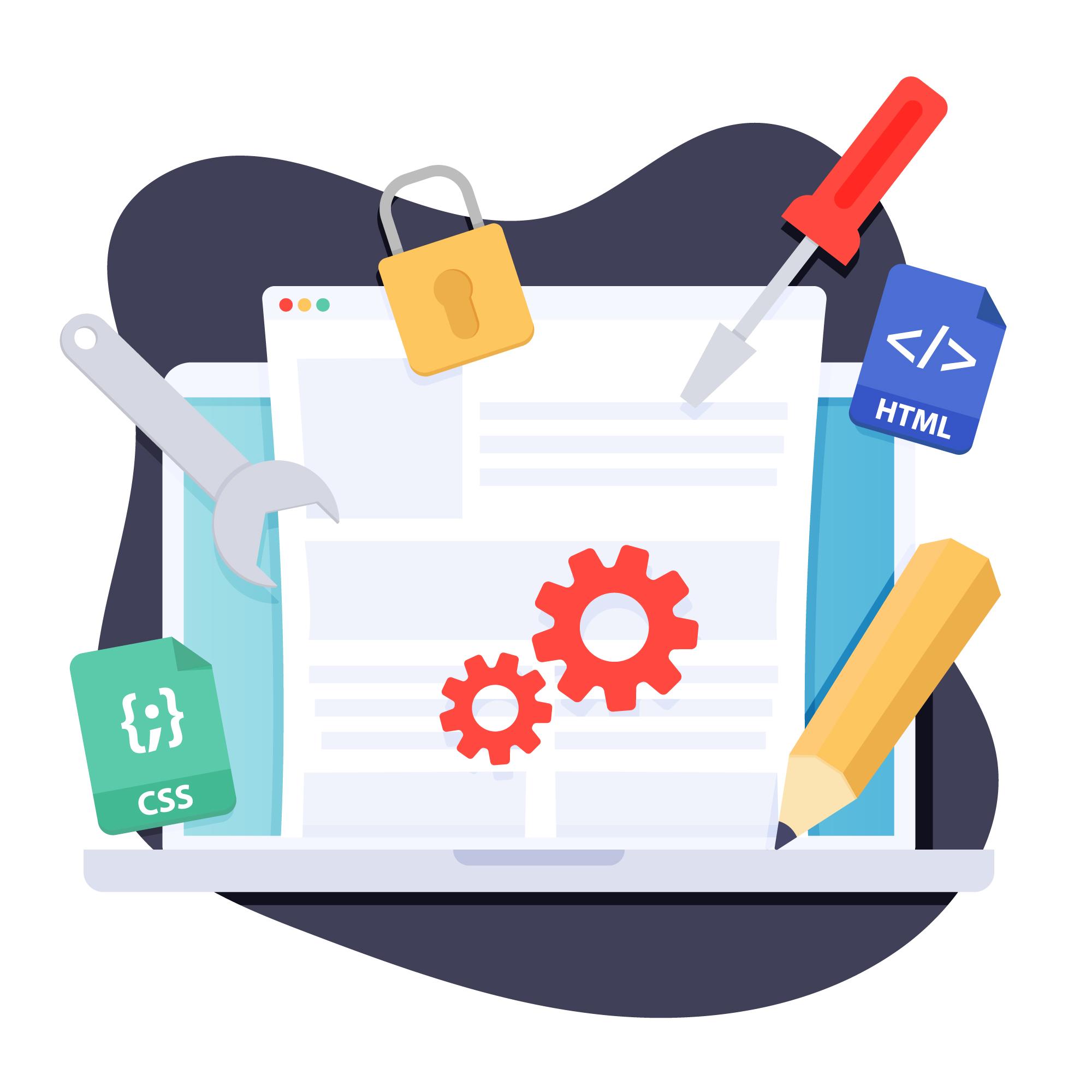Writing a book is a monumental task that requires not only a deep well of creativity but also a high level of efficiency. As the landscape of writing evolves, so do the tools available to help writers navigate the complexities of book creation. Whether you’re a seasoned author or an aspiring writer, leveraging the right software tools can make a significant difference in your writing journey. This article explores essential software tools that enhance both creativity and efficiency, transforming how you approach book writing.
Table of Contents
Writing and Editing Tools
Word Processors
Microsoft Word remains a staple for many writers due to its robust features and widespread familiarity. Its comprehensive set of tools includes advanced formatting options, a wide range of templates, and powerful collaboration capabilities. Writers can track changes, leave comments, and work on documents simultaneously with others, making it a versatile choice for both solo and collaborative projects.
Google Docs is a cloud-based word processor that shines in real-time collaboration. With Google Docs, multiple users can edit a document simultaneously, and changes are saved automatically. Its accessibility from any device with internet access makes it a convenient option for writers who work on the go. The integration with Google Drive ensures that your documents are securely stored and easily shareable.
Advanced Writing Software
Scrivener is a favorite among novelists and long-form writers for its powerful organizational features. It allows writers to break their work into manageable sections, which can be rearranged with ease. The corkboard view is particularly useful for visualizing and structuring your story. Scrivener also supports extensive research integration, enabling you to keep all your notes, references, and drafts in one place.
Ulysses offers a distraction-free writing environment with a focus on simplicity and elegance. It uses Markdown, a lightweight markup language, for formatting, which keeps the writing process seamless and less cluttered. Ulysses also features a unified library that organizes your notes, research, and manuscripts, making it easy to manage large projects.
Check out more of the best book writing software from Voxtury to help you streamline your workflow processes.
Organization and Research Tools
Mind Mapping Software
MindMeister is a visual tool that helps writers brainstorm and organize their ideas. It allows you to create mind maps, which can be shared and edited collaboratively. This tool is particularly useful for plotting complex storylines or developing detailed character profiles.
XMind is another popular mind-mapping software that offers a range of templates and customization options. It helps writers structure their ideas visually and can export mind maps in various formats, making it easy to integrate into your writing workflow.
Note-Taking Apps
Evernote is a versatile note-taking app that supports multimedia notes, web clipping, and organizational tags. Writers can create notebooks for different projects, synchronize notes across devices, and easily search for specific content. Evernote’s web clipper is particularly useful for capturing research material from the internet.
OneNote, part of the Microsoft Office suite, offers a flexible canvas for note-taking. It supports handwritten notes, audio recordings, and file attachments, making it a comprehensive tool for gathering and organizing research. OneNote’s multi-platform access ensures your notes are always available, whether you’re at your desk or on the go.
Creativity and Brainstorming Tools
Idea Generation Apps
Milanote is a visual workspace that helps writers organize their ideas creatively. It allows you to create boards for different aspects of your project, such as characters, settings, and plot points. Milanote’s drag-and-drop interface and collaborative features make it an excellent tool for brainstorming and planning.
Ayoa combines mind mapping with task management, providing a comprehensive tool for brainstorming and project planning. It supports real-time collaboration, making it easy to share ideas and receive feedback. Ayoa’s visual approach helps writers see the big picture while staying organized. To ensure your work is secure, it’s a good idea to regularly backup Trello, especially if you’re managing multiple projects.
Writing Prompts and Idea Generators
Reedsy Prompts offers weekly writing prompts and contests that can spark new ideas and challenge your creativity. It’s a great resource for overcoming writer’s block and exploring new genres or themes. The community aspect also provides motivation and inspiration through feedback and interaction with other writers.
Writing Exercises provides a variety of random prompts and story starters to kickstart your writing process. From character creation to plot development, this tool offers a range of exercises designed to stimulate your imagination and help you develop new ideas.
Time Management and Productivity Tools
Trello is a board-based task management tool that helps writers keep track of their projects and deadlines. You can create boards for different stages of your writing process, such as outlining, drafting, and editing. Trello’s visual layout and customizable cards make it easy to see your progress and stay organized.
Asana offers a more comprehensive project management solution, allowing writers to create tasks, set deadlines, and track progress. Its collaboration features enable you to work with editors, designers, and other team members seamlessly. Asana’s timeline and calendar views help you manage your schedule effectively.
Conclusion
Integrating the right software tools into your writing process can significantly enhance both your creativity and efficiency. From writing and editing to organization, research, and marketing, there are tools available to support every aspect of your book writing journey. By experimenting with different tools and finding the ones that best suit your needs, you can streamline your workflow, stay organized, and focus on what you do best—writing. Software tools can also help you track your progress and meet your writing goals more effectively. Additionally, these tools often offer collaborative features, making it easier to get feedback and improve your work.

Andrej Fedek is the creator and the one-person owner of two blogs: InterCool Studio and CareersMomentum. As an experienced marketer, he is driven by turning leads into customers with White Hat SEO techniques. Besides being a boss, he is a real team player with a great sense of equality.
